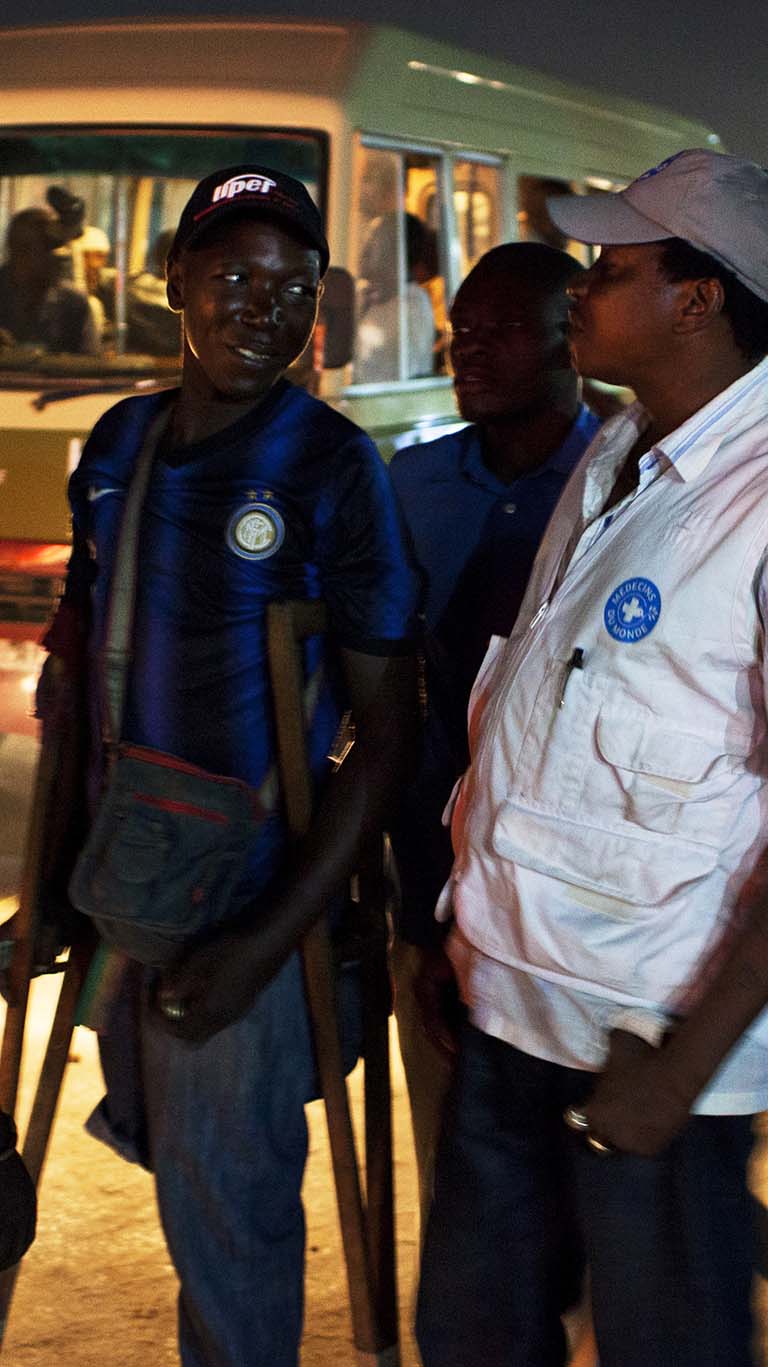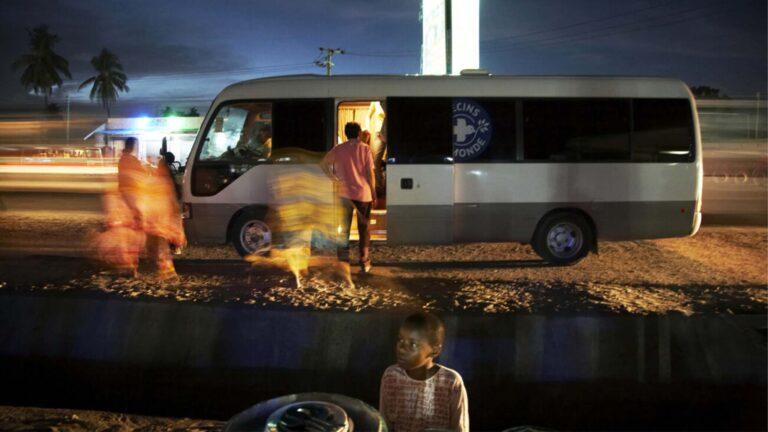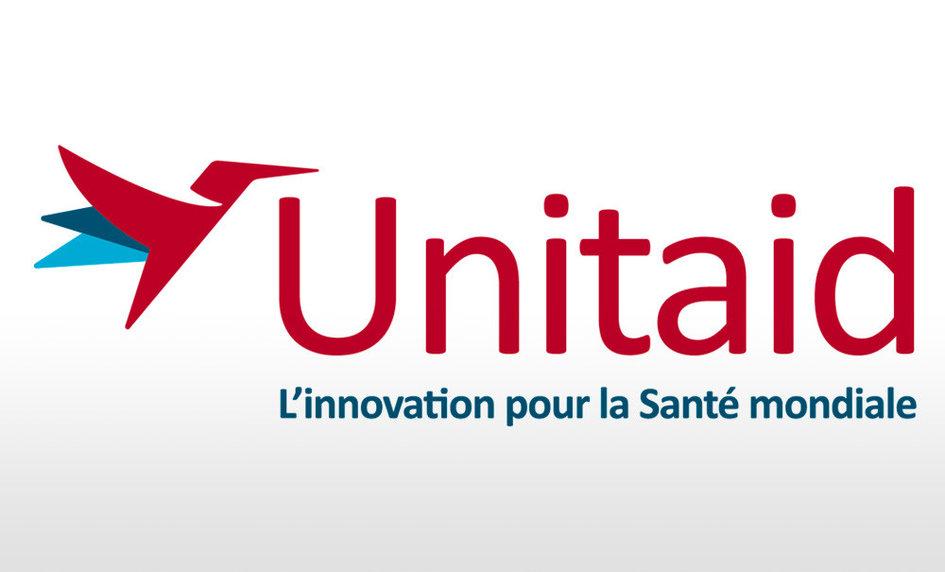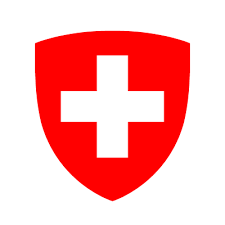To ensure the durability of our humanitarian mission in Tanzania and of our interventions, we relentlessly aim our advocacy at the authorities in favour of harm reduction and strengthen the capacity of local partners through the training and resources centre.
Today, Médecins du Monde is playing a major role for promoting and institutionalising harm reduction in Tanzania. In 2021, as a national expert, Médecins du Monde’s teams endeavoured to:
- ensure the proper transfer of the pilot programme to guarantee long-term quality and durability,
- coordinate the upscaling of harm reduction services currently in place in Dar es Salam and currently being set up in two other localities (Bagamoyo and Tanga), in collaboration with the Ministry of Health and the institutions involved,
- reinforce the capacity of local institutions and organisations to implement supervision and harm reduction services of quality,
- support the Tanzanian network of people who use drugs to get the needs of consumers acknowledged and defended,
- support the development of policies and national strategies in favour of harm reduction,
- do advocacy work aimed at policy makers within the national healthcare system to strengthen healthcare services adapted to people who use drugs.


















